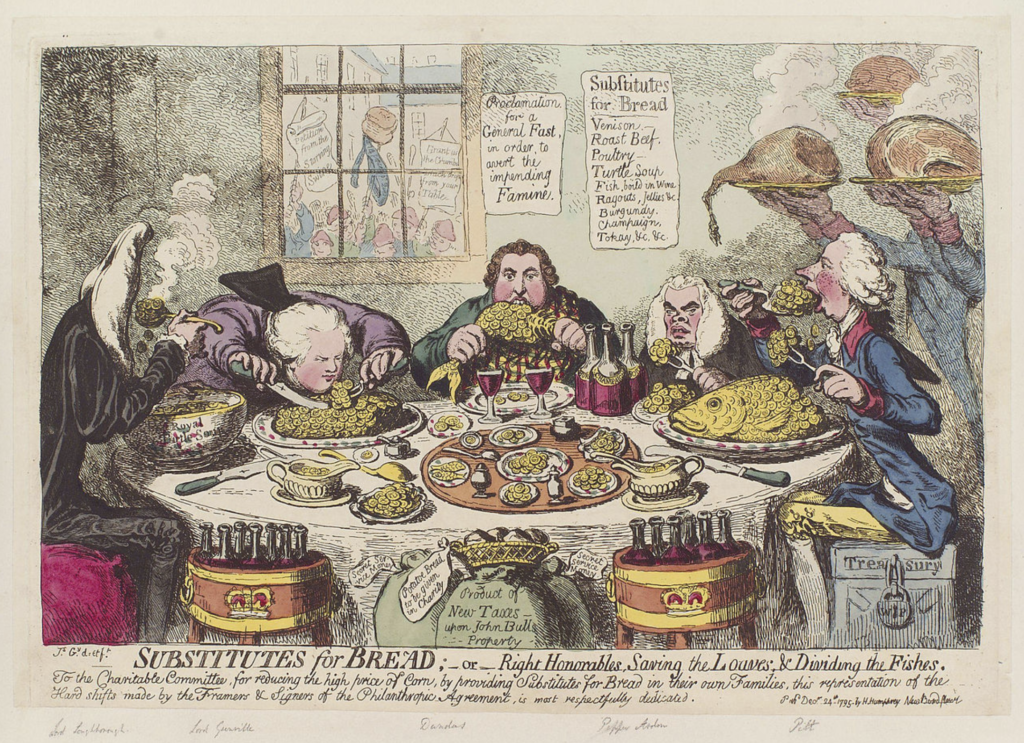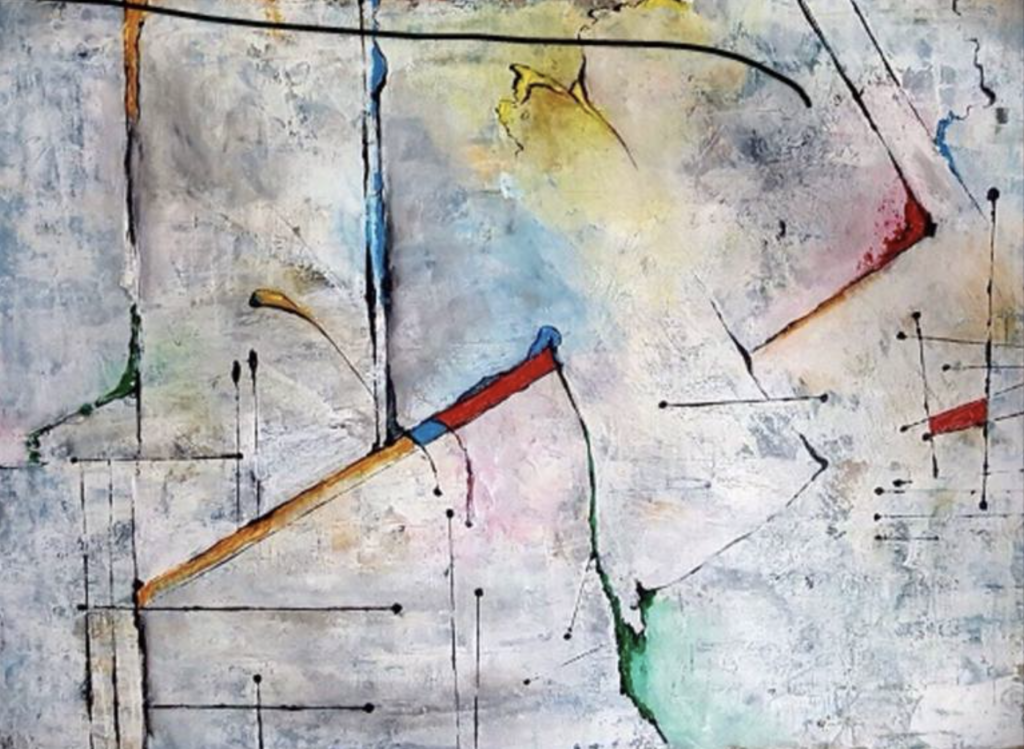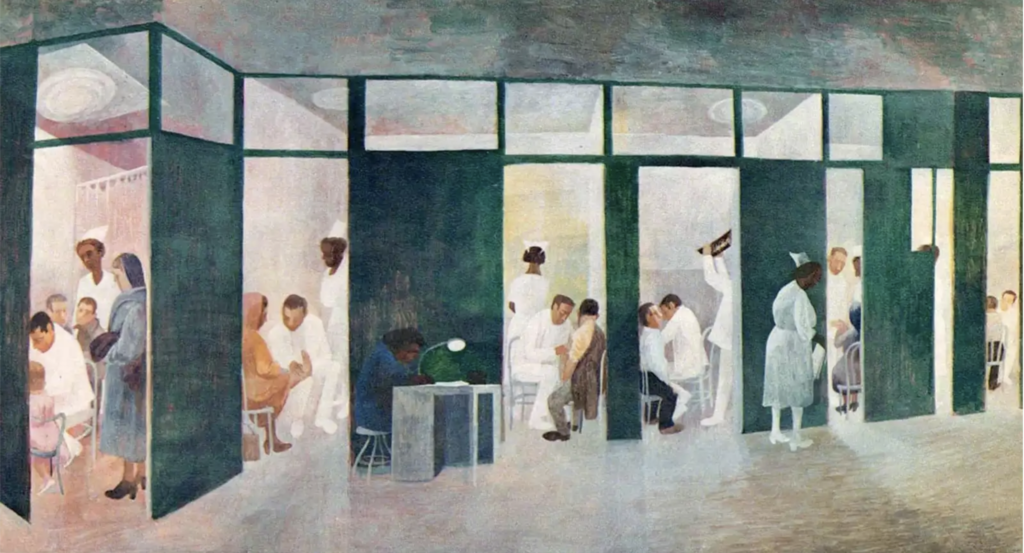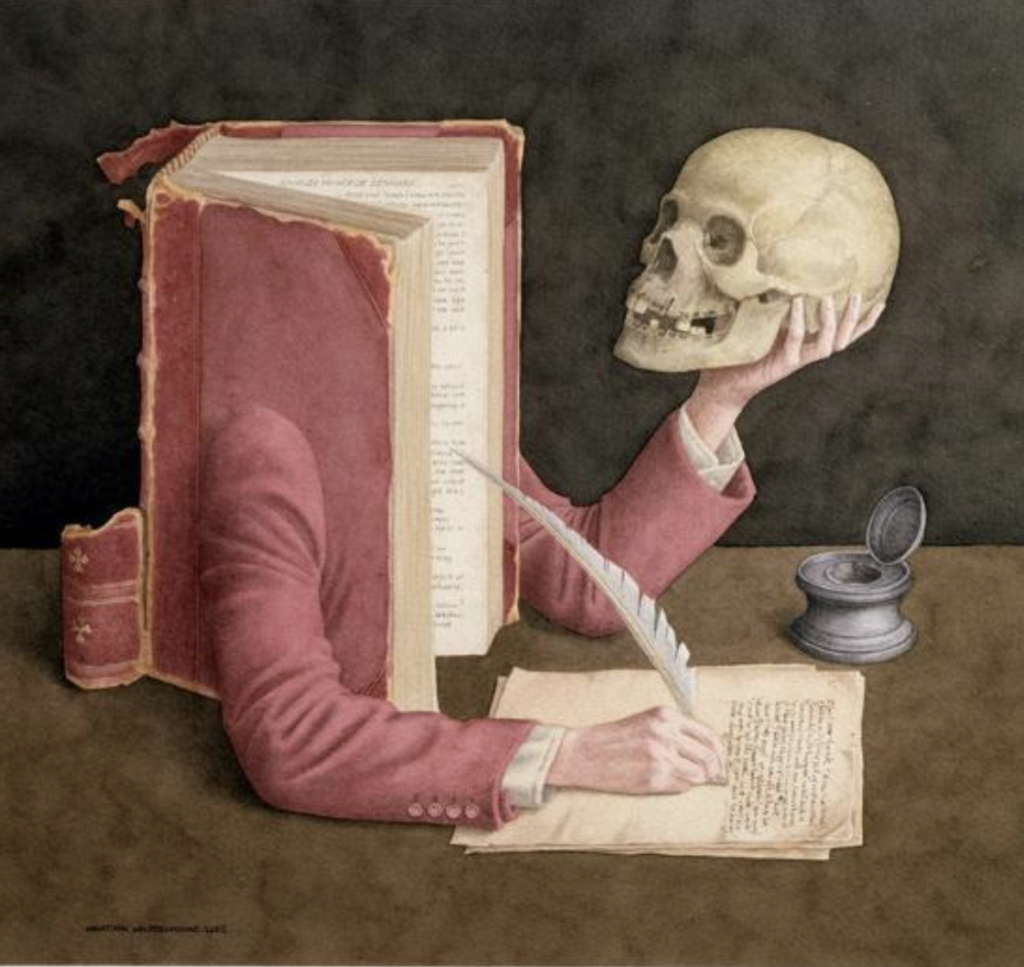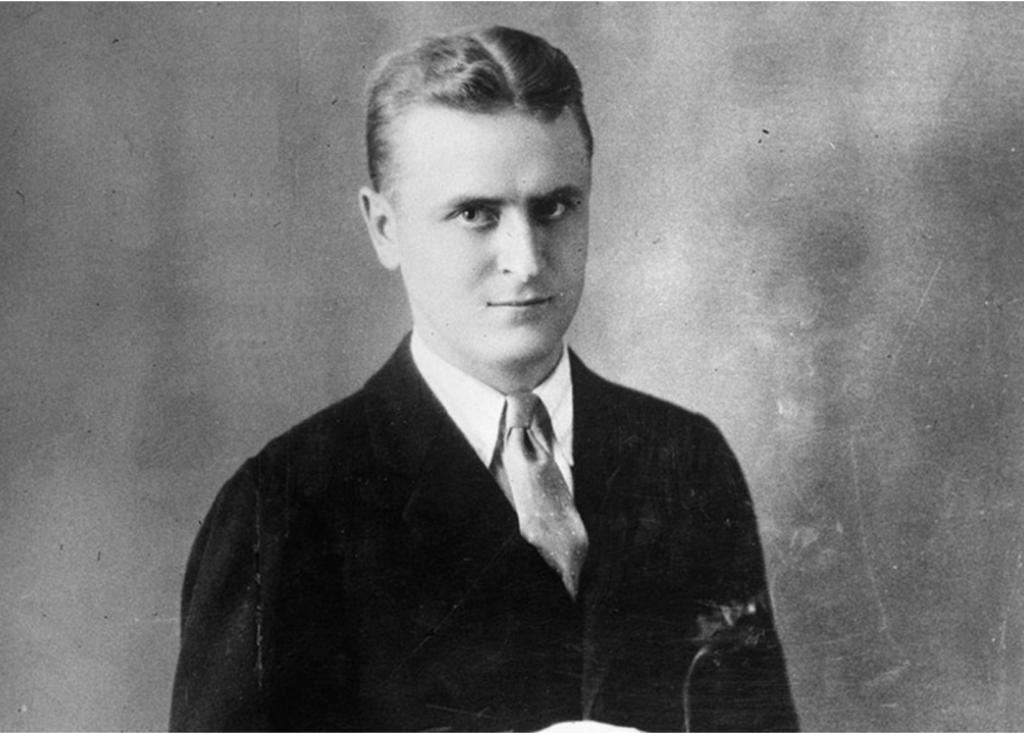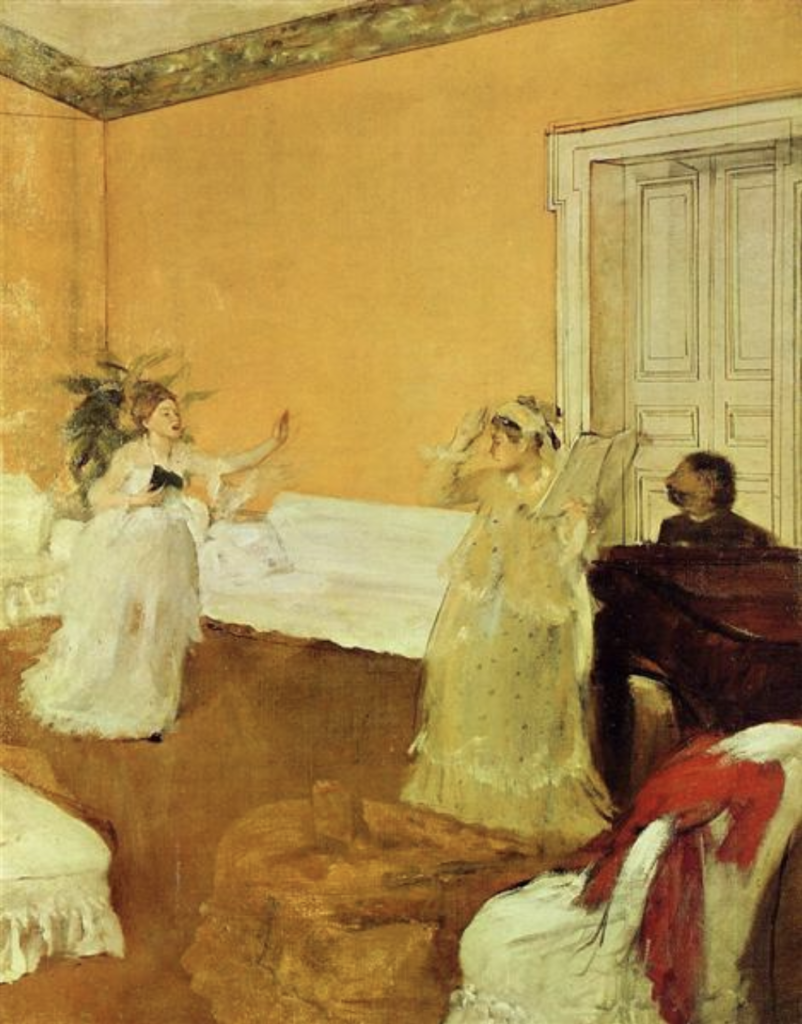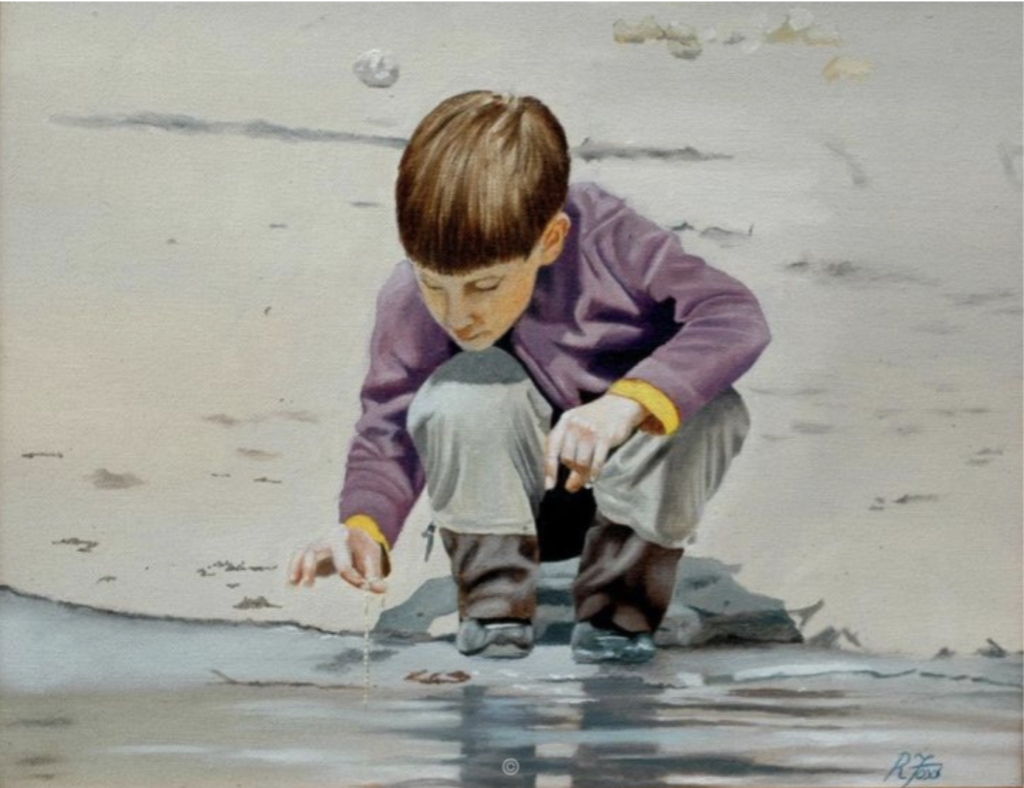October 2021: Check-in
Same deal. Three questions for the past three months:
What was good?
What wasn’t so good?
Goals for the months ahead?
Let’s do it.
The Good
1. Reading
In terms of books, these last few months were great. Although the quantity of books wasn’t remarkable (11 books over 13 weeks), the quality of literature over this period was astounding. Some of my favourite pieces include Dostoyevsky’s Crime and Punishment and Brothers Karamazov, which address themes of morality, religion and the psychology of a criminal, and Hermann Hesse’s Beneath the Wheel, which critiques the failures of childhood pressure and formal education. Fascinating stuff.
I also devoured what’s since become my favourite memoir of all time: Darkness Visible by William Styron. It’s written by a novelist and explores his chaotic journey into depression, and eventually out of it. Short read, but it completely changed my mind on creativity and mental health.
Can’t wait for more hidden treasures ahead.
2. Relationships
It’s an odd but special feeling: knowing that there are people who have your back.
Lockdown sucked, but one good thing about it was the ability to nurture and prioritise the friendships I already have. And now, as Melbourne emerges out of lockdown, I can safely venture out and explore the world with strong comrades by my side.
You know who you are. Thank you.
The Not-so-Good
1. Energy
The problem with trying new things is that it’s easy to spread yourself out too thin.
Right now, there are a million things fighting for my attention, including:
- Writing short stories
- The blog
- Studying for medical school exams
- Maintaining friendships + relationships
- Personal wellbeing (sleep, food, exercise)
- Finance (work, investing)
- Making YouTube videos
- Reading books…
…and so on.
My priorities for these are always shifting with time, yet I don’t know if I can remove any.
Thus, I’m finding that I’m often drained in the middle of the day, not because of the work I’ve done, but because of the work in other areas I could’ve done but didn’t. If only I could clone myself to try everything there is to do.
The weight of regret is heavy.
2. Socialising
It’s happened: I’ve forgotten how to talk to people.
A few days ago, I attended my first birthday party in over a year. It was scary.
There were only eight other people there, but I felt completely unable to initiate a conversation with anybody, much less hold it. Also, the experience of two conversations simultaneously happening around you, and not being part of either, is excruciatingly awkward.
I have a suspicion that most introverts are experiencing similar torments. It’s just a matter of time before the hibernating extrovert comes out to play.
Goals
1. Maintain accountability challenges: 1x short story and 3x blog posts a week; 500 Anki + 20 questions a day.
2. Finish my exams on a strong note.
3. Read 1x book a week.

